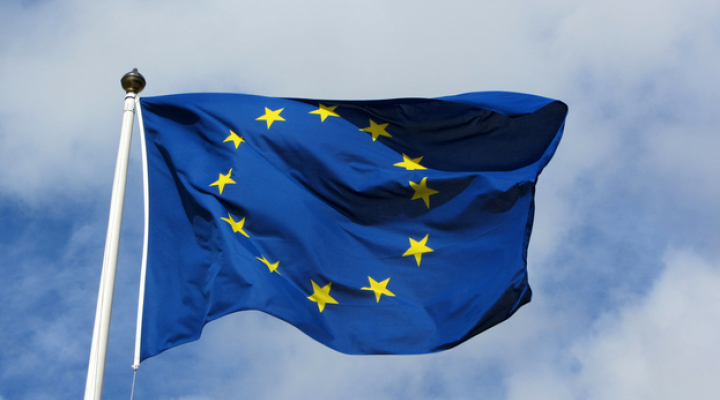Csaba Sógor calls for increased support of multilingualism
DAHR’s MEP Csaba Sógor addressed a letter to Androulla Vassiliou, European Commissioner for Education, Culture, Multilingualism and Youth. In his letter the MEP saluted the Erasmus for All initiative highlighting the measures that support the use of languages and multilingualism.
Referring to the NGO Platform for Multilingualism Report, Csaba Sógor stated that multilingualism and language learning is a key element in acquiring basic skills and increasing employment. These can be tools for the EU in creating jobs and ensuring growth.
As a member of the EP’s Minority Intergroup, the Hungarian MEP from Transylvania saluted the protection of Europe’s regional and minority languages through six of the Erasmus for All programme’s goals that make the enhancement of linguistic diversity the main element of the programme.
Making reference to the conclusions of the Council of the European Union from November 2011 (http://www.consilium.europa.eu/uedocs/cms_data/docs/pressdata/en/educ/126373.pdf), Csaba Sógor called for the European programme level support for lesser used languages, as well as for learning languages from neighboring countries so that they spur economic and cultural exchanges between citizens.
The MEP reminded commissioner Vassiliou that speakers of minority or regional languages represent 10% of the entire population of the EU, and urged that future EU programs include budgetary lines for the promotion of the use of minority and regional languages.
- The European Commission policy on multilingualism is a cornerstone of the EU’s success story. The civil society had an important role in this achievement. Language learning is one of the means that can help in recovering from the current complex crisis, so all EU institutions, but mainly the EC should support it through the coordination of all factors involved – declared Csaba Sógor.
As a member of the EP’s Minority Intergroup, the Hungarian MEP from Transylvania saluted the protection of Europe’s regional and minority languages through six of the Erasmus for All programme’s goals that make the enhancement of linguistic diversity the main element of the programme.
Making reference to the conclusions of the Council of the European Union from November 2011 (http://www.consilium.europa.eu/uedocs/cms_data/docs/pressdata/en/educ/126373.pdf), Csaba Sógor called for the European programme level support for lesser used languages, as well as for learning languages from neighboring countries so that they spur economic and cultural exchanges between citizens.
The MEP reminded commissioner Vassiliou that speakers of minority or regional languages represent 10% of the entire population of the EU, and urged that future EU programs include budgetary lines for the promotion of the use of minority and regional languages.
- The European Commission policy on multilingualism is a cornerstone of the EU’s success story. The civil society had an important role in this achievement. Language learning is one of the means that can help in recovering from the current complex crisis, so all EU institutions, but mainly the EC should support it through the coordination of all factors involved – declared Csaba Sógor.











